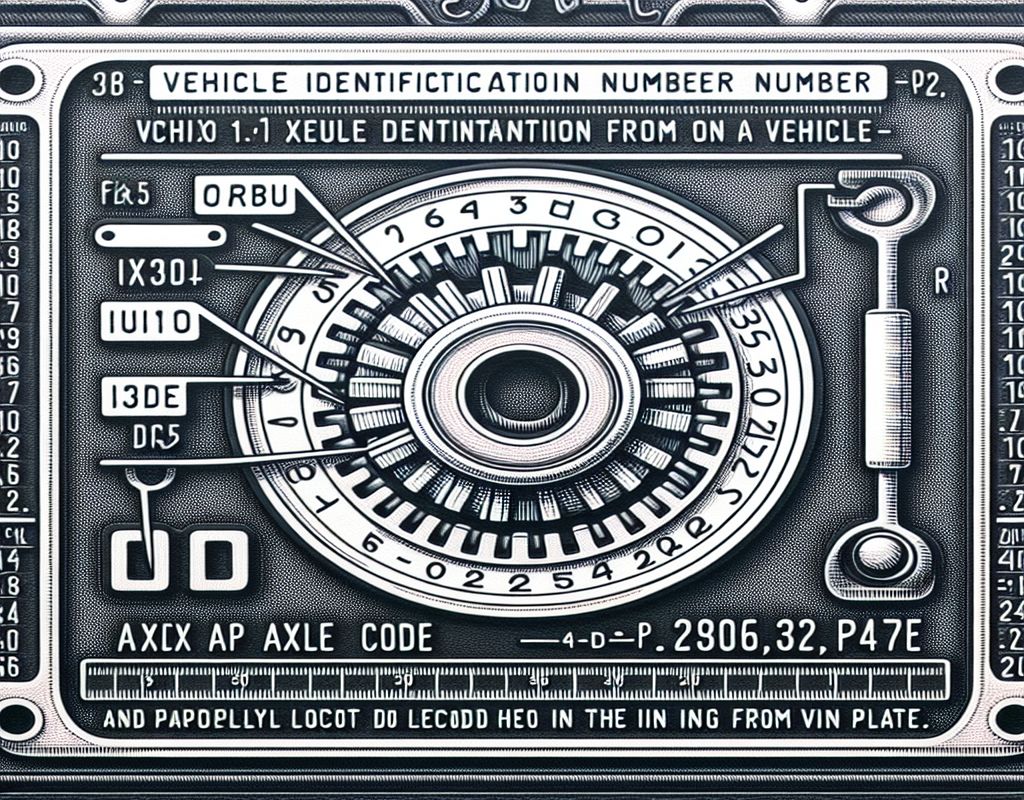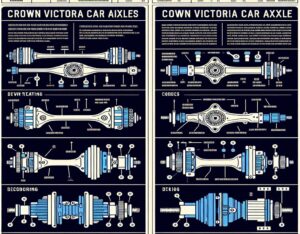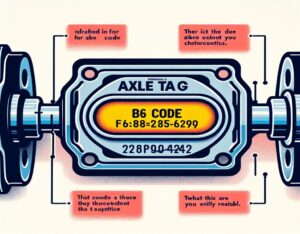Introduction
Understanding Ford axle codes is crucial for vehicle owners as these codes contain valuable information essential for maintenance, repairs, and upgrades. Decoding these axle codes reveals specific axle configurations impacting performance, towing capabilities, and overall functionality, with the Vehicle Identification Number (VIN) being a primary method for uncovering these codes.
Deciphering Ford Axle Codes
Definition and Significance:
Ford axle codes are alphanumeric identifiers assigned to axle configurations, providing details on ratios, load capacities, and drivetrain information. Decoding these codes helps identify components affecting vehicle performance, enabling informed decisions on maintenance, upgrades, or repairs.
Leveraging Your VIN
Importance and Uniqueness:
The VIN is a unique vehicle fingerprint, housing details on make, model, year, and features. Utilizing the VIN for axle code retrieval ensures precision tailored to the vehicle, eliminating errors. VINs are universal identifiers, guaranteeing accuracy in decoding.
Locating Your VIN
Finding Your VIN:
VINs are located on the dashboard near the windshield, driver’s side door jamb, or stamped on the engine block. While locations vary by model and year, resources like vehicle documents, registration papers, or Ford dealerships can aid in VIN identification.
Decoding Your VIN
Purpose and Guide:
Decoding the VIN reveals manufacturer, model year, engine type, and production details, aiding in understanding the vehicle’s history and specifications. Online resources or guides break down the VIN into segments, providing comprehensive insights into the vehicle’s characteristics.



